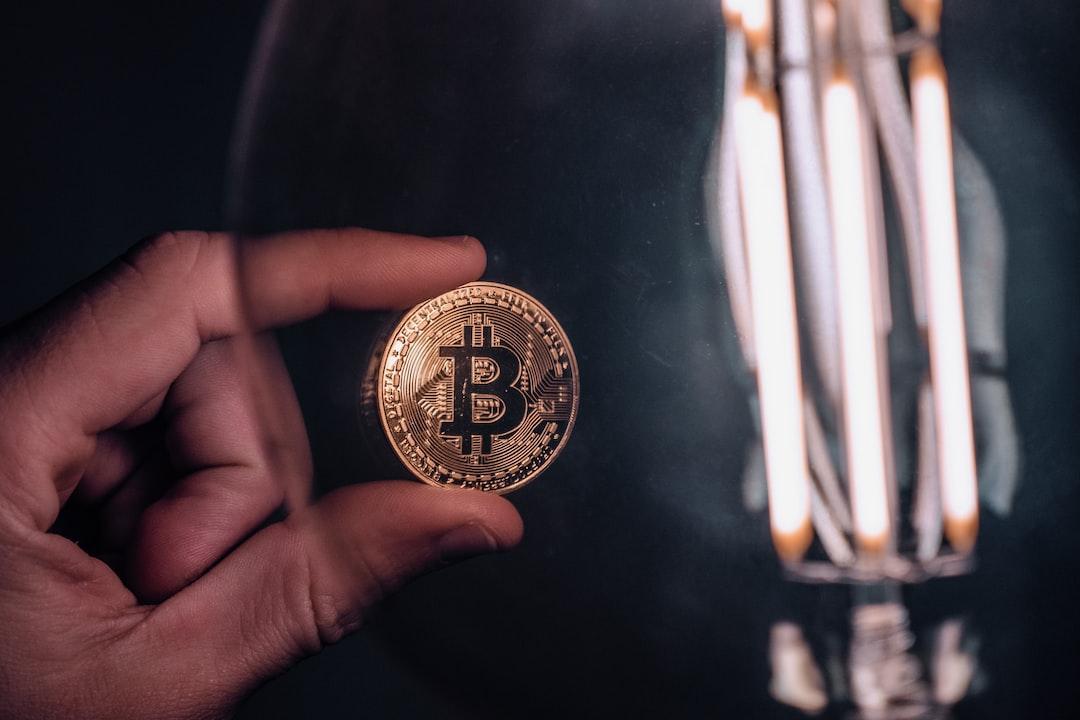Critics argue that both fiat money and cryptocurrencies have ethical concerns that make them controversial choices for transactions. Bitcoin, for example, has been criticized for its environmental impact due to high electricity consumption during mining, potential use in criminal activities, and lack of regulation. On the other hand, fiat money is criticized for being unethical as it is not backed by physical commodities like gold, allowing central banks to print unlimited amounts of money, leading to social harm.
Charles Adams from the UK-based hedge fund manager Nickel Digital Asset Management believes that both currencies have ethical considerations, but Bitcoin is more ethically sound due to its transparency, immutability, and inclusion. He points out that fiat currency is often used in money laundering and illicit activities, with cybersecurity research firms estimating losses of $10.5 trillion annually by 2025 due to cybercrime in traditional finance systems.
Despite the pseudonymous nature of Bitcoin transactions, Adams explains that law enforcement can track and recover stolen funds using sophisticated tools. He mentions a case where a scam involving Wrapped Bitcoin was traced back to the alleged thief, leading to the recovery of the funds. Adams emphasizes that while both currencies have drawbacks, Bitcoin’s transparency, immutability, and potential positive social impact make it a promising alternative global currency.
Critics of fiat money argue that it can lead to economic inequality through hyperinflation, as seen in Zimbabwe’s case in the 2000s. They suggest that a gold-backed currency would be more stable due to limited supply, contrasting it with Bitcoin’s capped supply of 21 million, making it a better alternative to fiat.
Matteo Greco, a research analyst at digital asset firm Fineqia, believes that the ethical use of a currency depends on the individuals behind it. He points out that Bitcoin miners are increasingly using renewable energy sources to address ethical concerns surrounding electricity consumption. Greco acknowledges that Bitcoin mining uses a significant amount of electricity but argues that the network’s commitment to using renewable energy enhances its sustainability.
Caroline Bowler, CEO of Australian crypto exchange BTC Markets, highlights that currencies are neutral technologies and their ethical standing depends on those who control and use them. She criticizes central banks for their ability to print money leading to inflation that disproportionately affects vulnerable populations. Bowler stresses the importance of transparency, accountability, and responsibility in promoting ethical behavior within the financial system.
Sergey Sheleg, chief product officer of Web3 social platform Nicegram, believes that the ethics of a currency depend on the measures and safeguards implemented by platforms and institutions managing it. He argues that a truly ethical currency should minimize harm and maximize benefits for society, focusing on policies and practices rather than the currency itself. Sheleg emphasizes the need to leverage the strengths of both digital and fiat currencies to build a more equitable and efficient financial ecosystem.

